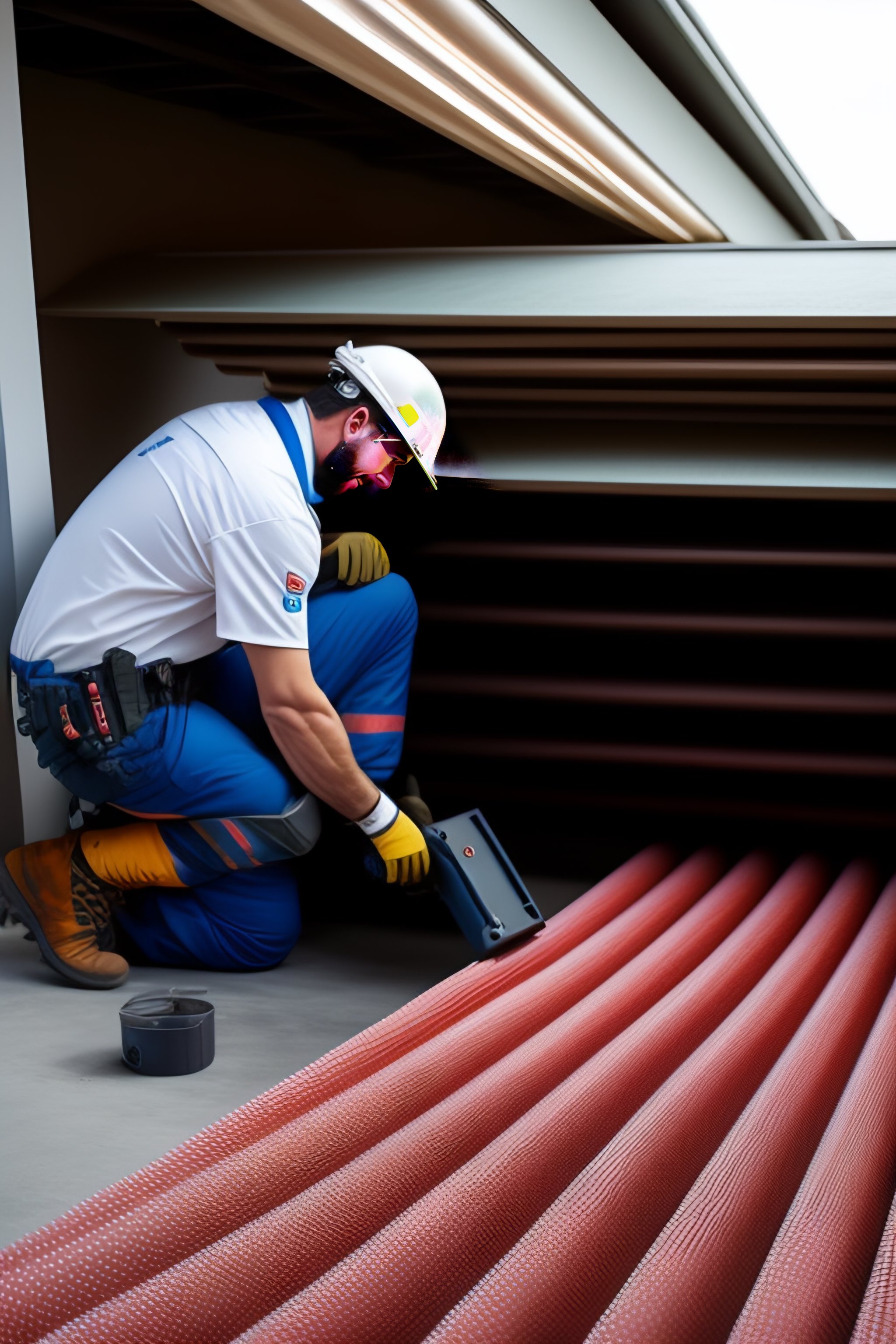Unlocking Ultimate Comfort: The Untold Secrets of Mastering Your HVAC System!

Never Suffer Uncomfortable Temperatures Again! Discover the HVAC Hacks You Wish You Knew Sooner!
Tired of Sweating or Shivering? Uncover the Hidden Gems of HVAC Mastery and Take Control of Your Indoor Climate with These Expert Tips!
Your Ultimate Guide to HVAC Systems: Everything You Need to Know
Mastering HVAC Systems: A Comprehensive Guide to Efficient Climate Control
Learn all about HVAC systems in this comprehensive guide. From components to maintenance tips, we cover it all to help you achieve optimal climate control.
If you’re a homeowner or a business owner, the term “HVAC system” is likely a familiar one. The HVAC system, which stands for Heating, Ventilation, and Air Conditioning, plays a vital role in maintaining a comfortable and controlled indoor environment. In this guide, we’ll dive deep into the world of HVAC systems, providing you with insights, tips, and expert advice to help you understand, manage, and optimize your HVAC system for peak performance.
Introduction to HVAC Systems
At its core, an HVAC system is responsible for regulating indoor temperature, humidity, and air quality. It combines three major functions:
Heating
Heating is the process of raising the indoor temperature during colder months. Common heating methods include furnaces, heat pumps, and boilers. These systems ensure your space stays warm and cozy when the outside temperature drops.
Ventilation
Ventilation involves the exchange of indoor and outdoor air to maintain proper air circulation. It removes indoor pollutants, replenishes oxygen levels, and prevents the buildup of moisture and stale air.
Air Conditioning
Air conditioning is all about cooling down your indoor space during hot weather. It removes heat and humidity, creating a refreshing environment. Air conditioners and heat pumps are popular cooling solutions.
Components of an HVAC System
An HVAC system comprises several essential components that work in harmony to achieve optimal climate control:
1. Thermostat
The thermostat acts as the control center of your HVAC system. It allows you to set and adjust the desired temperature, triggering the system to heat or cool accordingly.
2. Furnace
Furnaces are common heating systems that use various fuels, such as gas or oil, to generate heat. The warm air is then distributed throughout the building through ducts.
3. Heat Pump
Heat pumps are versatile devices that can both heat and cool your space. They transfer heat between the indoor and outdoor units, depending on the desired temperature.
4. Air Conditioner
Air conditioners cool the indoor air by removing heat and moisture. They use a refrigerant to absorb heat and release it outside, resulting in comfortable indoor temperatures.
5. Ductwork
Ducts are pathways that carry heated or cooled air throughout your building. Regular duct maintenance is essential to ensure efficient airflow and prevent energy wastage.
HVAC System Efficiency and Maintenance
Maintaining an HVAC system is crucial for its efficiency and longevity. Here are some tips to keep your system in top shape:
1. Regular Inspections
Schedule professional HVAC inspections at least twice a year to catch any potential issues early and ensure optimal performance.
2. Air Filter Replacement
Change your air filters every 1-3 months to prevent dust and debris from clogging the system. Clean filters improve indoor air quality and increase efficiency.
3. Sealing and Insulation
Properly seal and insulate your home to prevent air leaks. This reduces the workload on your HVAC system, as conditioned air remains indoors.
4. Thermostat Programming
Utilize programmable thermostats to adjust temperatures based on your schedule. This prevents unnecessary energy consumption when you’re not at home.
5. Professional Maintenance
Enlist the services of a certified HVAC technician for regular maintenance tasks such as cleaning coils, checking refrigerant levels, and lubricating moving parts.
Common HVAC System Issues
Despite regular maintenance, HVAC systems can encounter issues over time. Some common problems include:
– Uneven Heating or Cooling
If certain areas of your space are colder or warmer than others, it could be due to duct issues, insulation problems, or a malfunctioning thermostat.
– High Energy Bills
A sudden spike in energy bills might indicate an inefficient HVAC system. Dirty filters, refrigerant leaks, or outdated equipment could be the culprits.
– Strange Noises
Unusual sounds like banging, hissing, or squealing could signify a mechanical problem. These noises should be investigated promptly to prevent further damage.
FAQs about HVAC Systems
How often should I replace my HVAC system?
On average, HVAC systems last around 15-20 years. However, regular maintenance can extend their lifespan. If your system is older and requires frequent repairs, it might be time for a replacement.
Can I perform HVAC maintenance myself?
While you can handle tasks like filter replacement, more complex maintenance should be left to professionals. They have the expertise to diagnose issues accurately and perform necessary repairs.
What is the ideal indoor humidity level?
A relative humidity level between 30% and 50% is generally recommended for indoor comfort and health. Humidity levels outside this range can lead to discomfort and mold growth.
How can I improve indoor air quality?
Regularly cleaning and dusting your home, using air purifiers, and ensuring proper ventilation can significantly improve indoor air quality and reduce allergens.
Should I close vents in unused rooms?
Closing vents in unused rooms might seem like a way to save energy, but it can actually disrupt the airflow balance in your system, leading to inefficiency and potential damage.
Can landscaping affect my HVAC system’s efficiency?
Yes, the positioning of trees and shrubs around your outdoor unit can impact its efficiency. Proper landscaping can provide shade and protection without obstructing airflow.
Conclusion
Your HVAC system is your ally in creating a comfortable indoor environment, regardless of the weather outside. By understanding its components, maintenance needs, and potential issues, you can ensure optimal performance and energy efficiency. Remember, regular professional maintenance is key to keeping your HVAC system running smoothly for years to come.